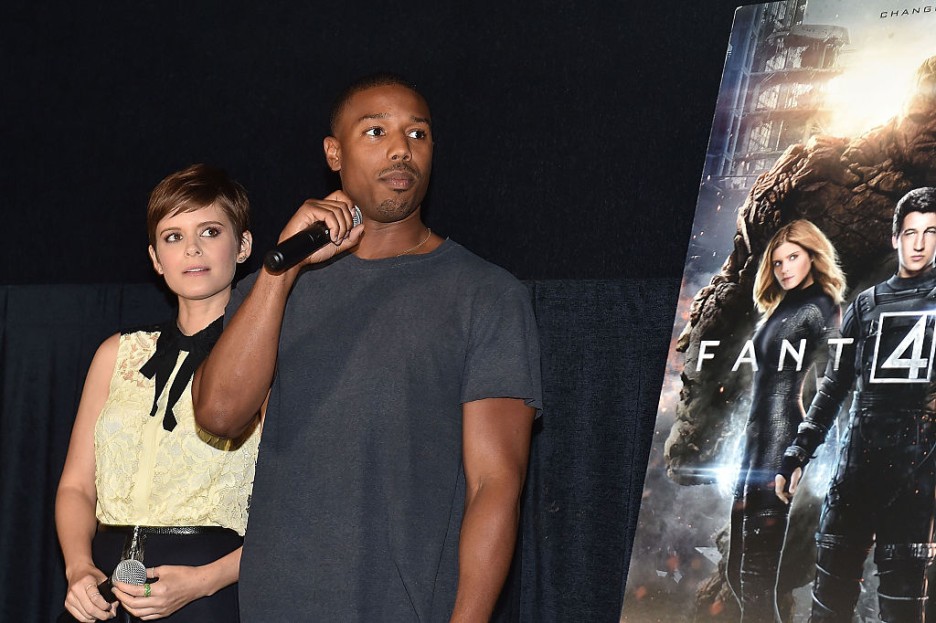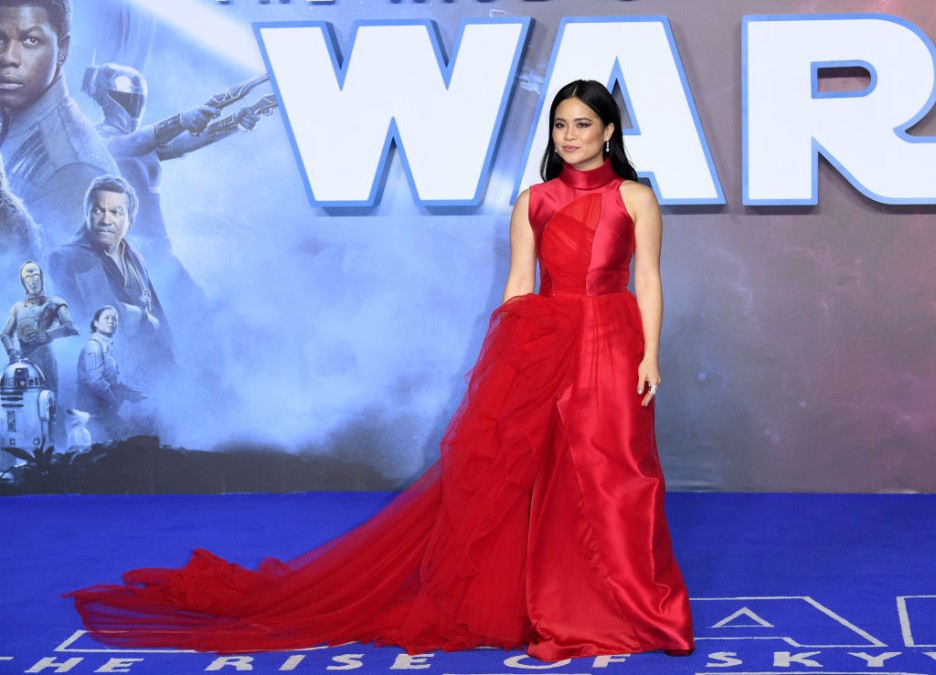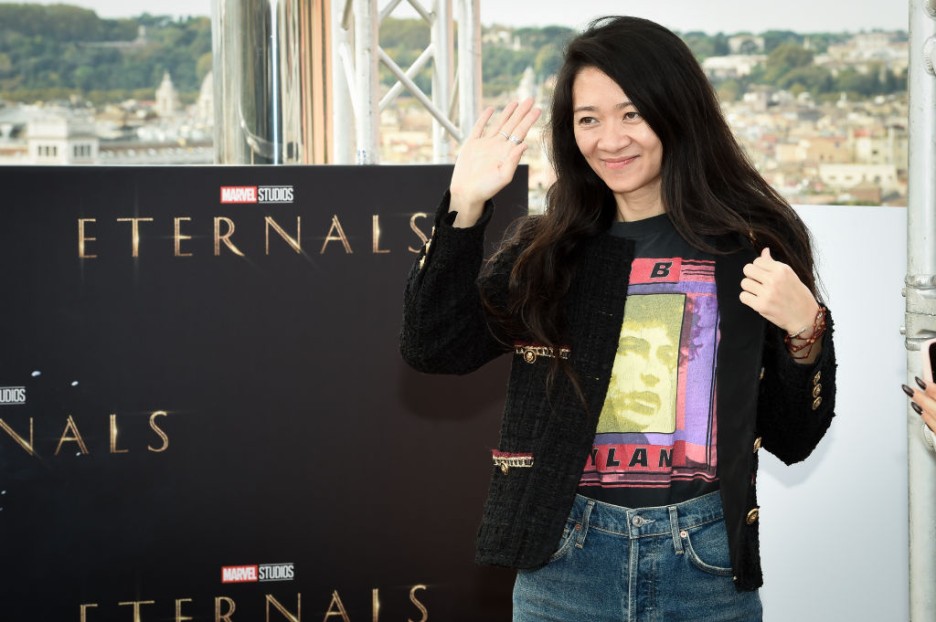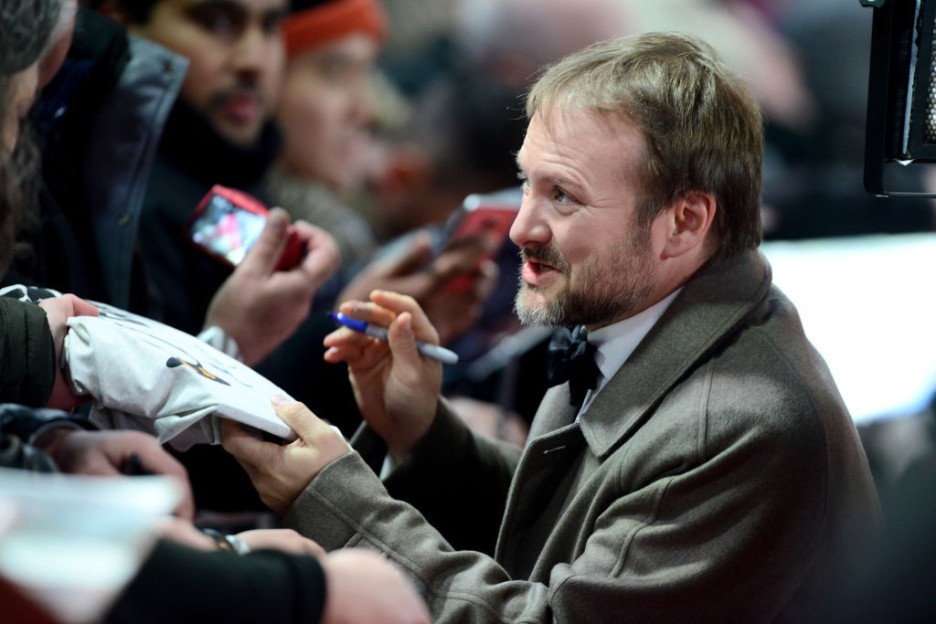The Hate Directed at "Eternals" and "The Last Jedi" Is Essentially the Same

Last weekend, I saw the latest film in the MCU, Marvel's "Eternals." Written and directed by Oscar-winner Chloé Zhao, "Eternals" is about the eponymous race of super-powered beings, who must save humans from destruction by a race of alien Deviants. And, while the plot seems to reflect the typical Marvel film at first glance, "Eternals" is actually a slow-moving, philosophical thought experiment that I personally loved from a writing perspective.
However, after reading the current discourse surrounding the film, where critics and fans alike panned the film, I was reminded of another maligned film, Rian Johnson's "The Last Jedi," another film from the Mouse House I unabashedly love. I thought about why these films may garner such a fan backlash, and I think I figured it out.
So, why do you hate "Eternals" and "The Last Jedi?"
I have a theory.
Why You Hated "Eternals" and "The Last Jedi"
1. Both Films Incorporate "Forced" Diversity
Upon first glance at the "Eternals" poster, it's immediately noticeable that the all-star cast may be the most diverse cast ever put forth in a mainstream franchise film, with cast members spanning different races, ethnicities, ages, able-bodiness, and sexualities, an aspect that Zhao championed in her initial pitch for the film.
However, if you take a look at the original Marvel comics, it's clear that the Eternals weren't originally imagined this way. While I believe this decision to diversify the cast is ultimately a good one - the optics of having an all-white group of Eternals teaching ancient Mesopotamian agriculture just seems cringe-worthy at best - it would have been a gamble for studio heads, considering how fans had reacted to the "forced" diversity of other Marvel films before, such as when the internet was set aflame when Michael B. Jordan was cast as the Human Torch in "Fantastic Four."

Fans also leveled "forced" diversity claims at "The Last Jedi" when the film introduced Kelly Marie Tran's Rose Tico. The fans' ire towards her character was so toxic that Tran was driven off the internet, and there have been numerous think-pieces written that speculate that the backlash was due to Tran's race and how her look doesn't conform to conventional beauty standards. Ultimately, Rose was sidelined in the subsequent "The Rise of Skywalker" due to the hate, which was deeply unfortunate.

2. Both Films Are Helmed by Art house/Indie Writer-Directors Taking Up Big-Budget Studio Franchise Film s
Another commonality that "Eternals" and "The Last Jedi" have is that both films were helmed by indie writer-directors taking up their first big-budget studio franchise film. Prior to "The Last Jedi," Johnson was the celebrated writer-director of films like "Brick" and "The Brothers Bloom," with 2012's "Looper" being Johnson's closest brush to the mainstream. Similarly, Zhao was the critically-acclaimed writer-director of "Songs My Brother Taught Me" and "The Rider," with 2020's "Nomadland" being the film that awarded her double Oscars.

While Marvel and Disney at large have handed the reins of their big-budget ventures over to indie directors before, think Taika Waititi for "Thor: Ragnarok," Ryan Coogler for "Black Panther," and Destin Daniel Cretton for "Shang-Chi and the Legend of the Ten Rings," fans often have reservations about these films because they are worried about the ability of the director to effectively shoulder a much larger budget and whether the director's auteur style will be subsumed by the larger franchise.
To help conceptualize the difference in budget, Johnson's "Looper" had a budget of $30 million, while "The Last Jedi had a budget of $200-317 million. Similarly, Zhao's "Nomadland" had a budget of $5 million, while "Eternals" had a budget of $200 million. Shifting gears to such a large-scale production and having to deal with strict studio notes is a daunting task for anyone. However, I felt that Zhao and Johnson dealt with their new production standards well, and were able to bring their own styles to their films. "Eternals" features the tranquil, meditative shots one would expect from the director whose previous films featured sweeping shots of the American West. Meanwhile, "The Last Jedi" is a gorgeous film that folds neatly into Johnson's previous exploration into the sci-fi genre. Despite this, I can see how fans of these talented directors may feel alienated by the sudden change, and interpret the films as the directors "selling out."

3. Both Films Evolve Their Franchises By Taking Them into Uncharted Territory to Explore New Themes
Okay, I'm going to approach this one from a writer's perspective. The biggest reason I personally am a huge fan of movies like "Eternals" and "The Last Jedi" is because these films are brave enough to evolve their franchises.
Hear me out.
Nowadays, almost every film produced by the American film industry is a franchise film based on previously existing intellectual property - even "Eternals" and "The Last Jedi" are no different. However, most films that are subsequent entries in a franchise take things incredibly safe, often to a boring degree. What I admire about "Eternals" and "The Last Jedi" is that both films took their franchises into a completely new direction to explore new themes. And, not even just for the heck of it. These films explore the next logical step in their franchises, reflecting how humans would grow and change in the world these films have created. As most writers can attest, the best characters are those that contain an element of truth to them.
"The Last Jedi" is an exploration of what happens in the aftermath of the world returning to shit after the heroes have saved it. If one was to put themselves in Mark Hamill's Luke Skywalker's shoes, logically, it makes sense that Luke would become a bitter old man after seeing the world he's worked so hard to save devolve under a similar evil in The First Order. However, Hamill's portrayal of Luke in "The Last Jedi" was a frequent complaint by fans - they just couldn't imagine how the once idealistic young Jedi would suddenly be a green milk-chugging, lightsaber-tossing grumpy old man. Additionally, the film had the gall to suggest that a Star Wars protagonist could be someone with no special parentage - that anyone can be a hero, which is a beautiful message to convey.
Similarly, "Eternals" slows the typical Marvel movie the hell down and features characters solemnly discussing the crushing existential dread of living for millennia and whether humans are worth defying essentially God to save. The film sets up a situation where the Eternals are presumably our heroes, but are ultimately flawed beings who may or may not have made the decision to do the "right" thing at the end of the movie. We're presented with a nuanced take on what it means to be a hero, and I love it.
Personally, I find the willingness of these films to go where no Disney film has gone before to be refreshing thought experiments. Both are shaping my views on how to craft stories and characters for my screenwriting. Unfortunately, for a large swath of fans, the fact that these films did not come out the way they expected was a deal-breaker for them. These fans are also the same people who bemoan the film industry's lack of inventiveness, which are undoubtedly contradictory positions to take. To make inspired movies, writers and directors need the freedom to explore new territory, even with beloved characters. So, maybe next time Disney decides to risk it all, maybe give the film a chance and let visionary directors take the lead.
So, what do you think? Is the hate directed towards "Eternals" and "The Last Jedi" the same? Are you reconsidering your feelings towards these movies? Let us know!
For more entertainment news and commentary, check out Enstarz! We bring you the latest on your favorite celebrities, TV shows, and films.






